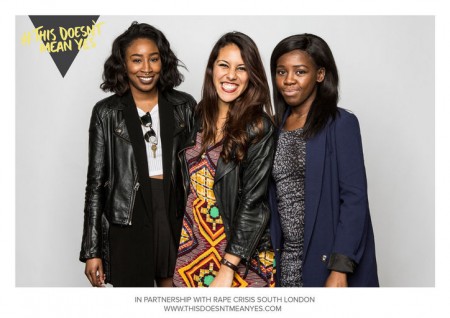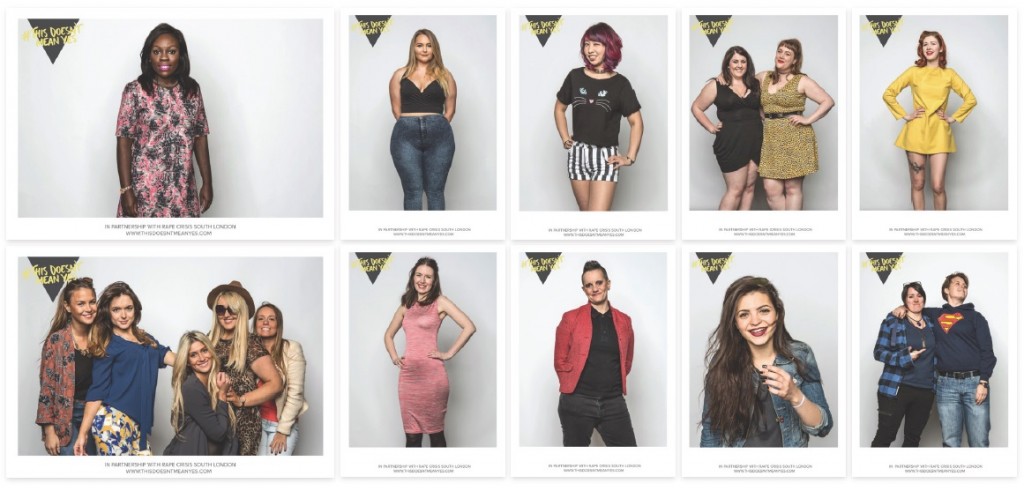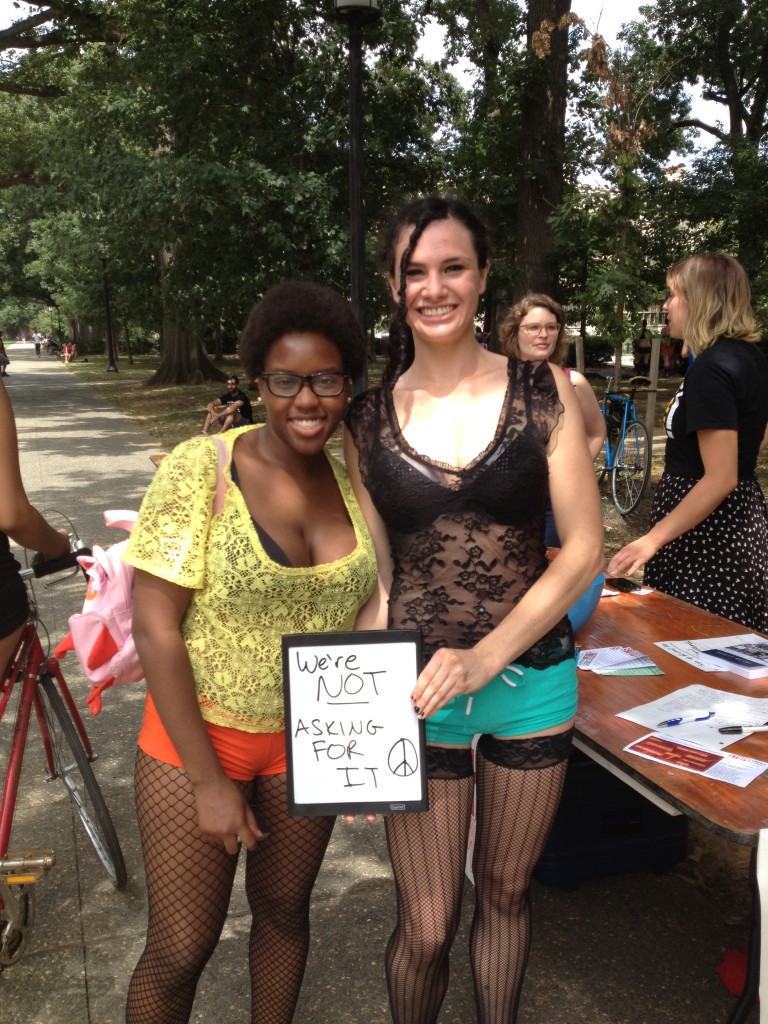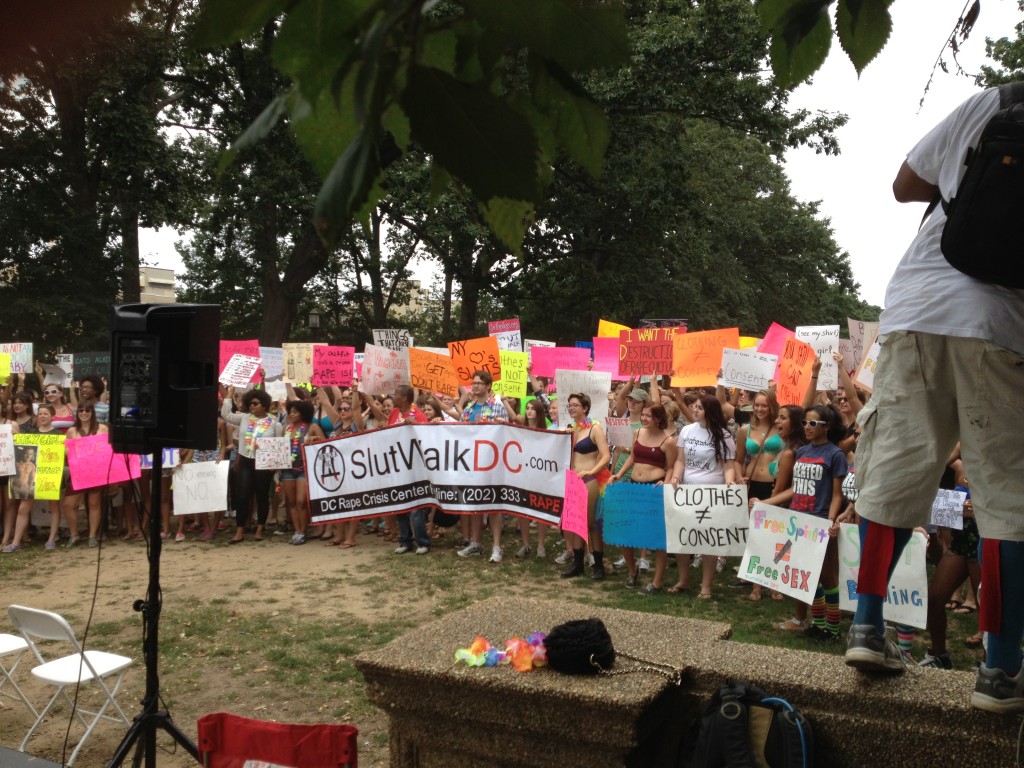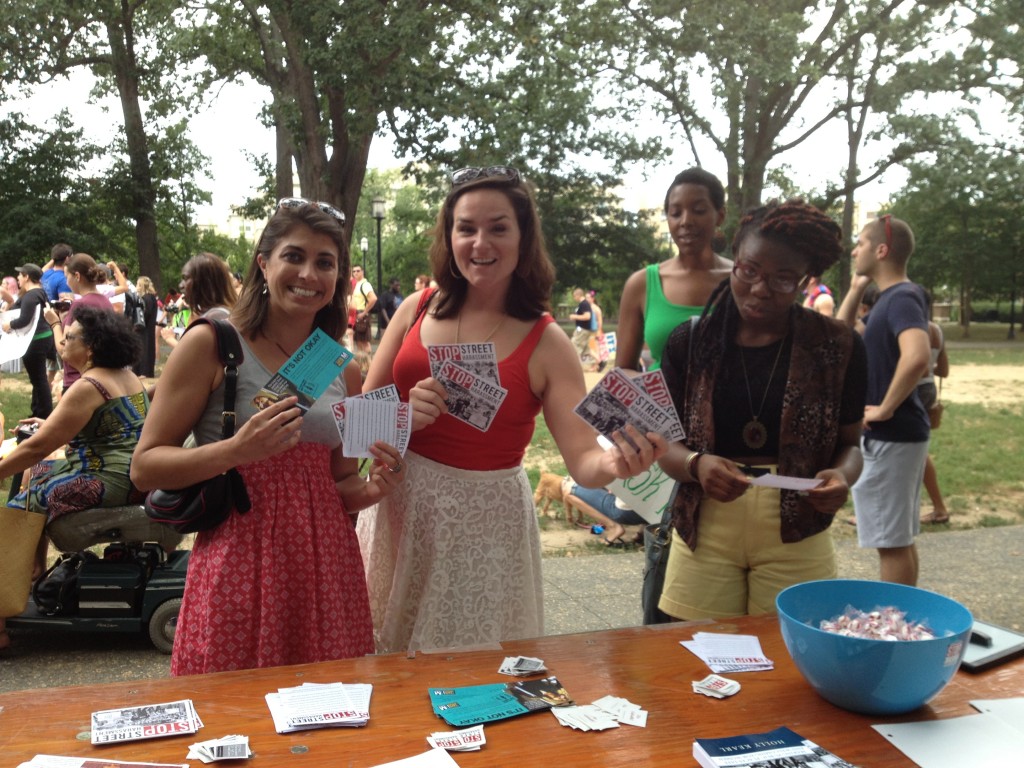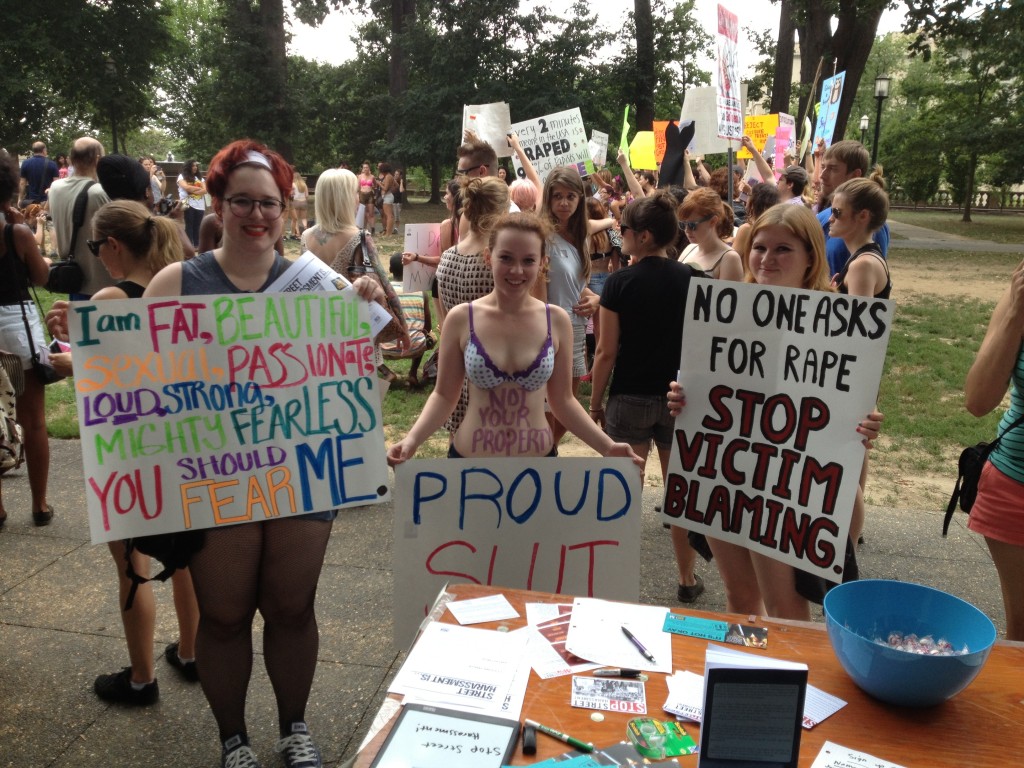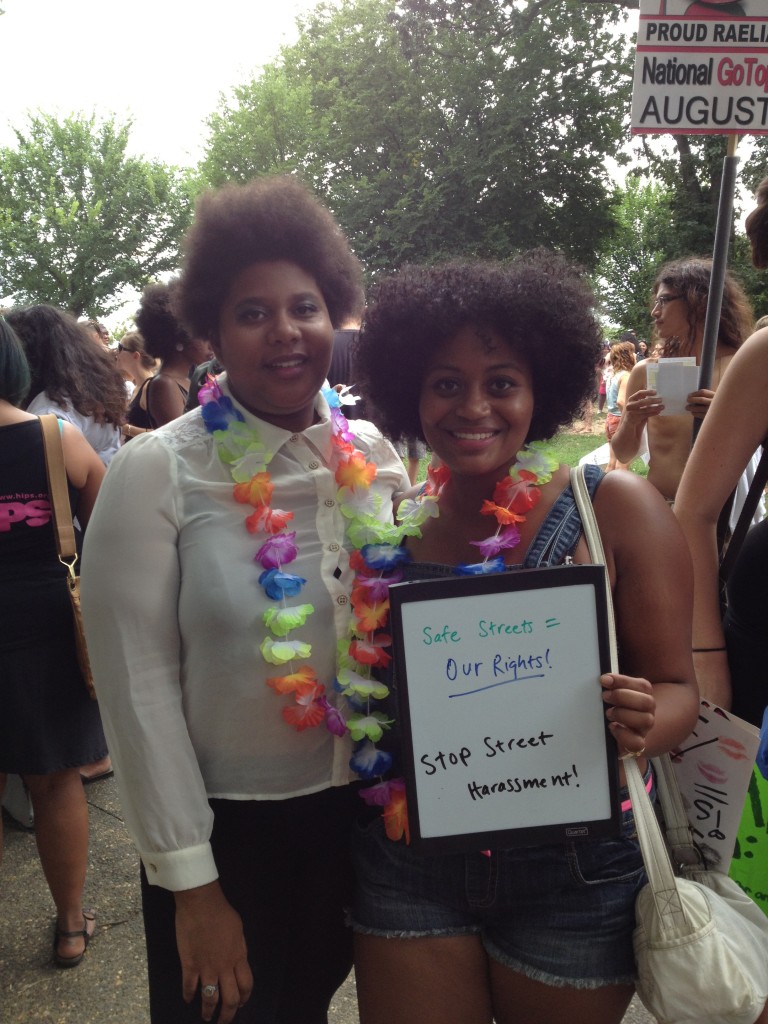Trigger Warning – Rape and Murder

Tragically this week, Asami Nagakiya, a Japanese women who attended the Trinidad Carnival celebration as a professional musician, was murdered — and likely raped. Now there’s a petition you can sign calling for the local mayor’s resignation after he blamed HER for it.
“‘She had a laceration on her elbow and black and blue marks on her waist,’ Adams told reporters. ‘It look like a rape/murder to me.’
Authorities released an autopsy report Thursday stating that Nagakiya had been strangled, according to television station CNC. They have not commented on the suspicion that Nagakiya was sexually assaulted.”
To make matters worse, the local mayor blamed HER for her own death.
“‘You know before Carnival I did make a comment about vulgarity and lewdness,’ Raymond Tim Kee said during a Wednesday press conference, according to local media station Loop. ‘The woman has the responsibility to ensure that [she is] not abused.’
Kee’s cringe-worthy comments kept getting worse, as he tried to link the Japanese musician’s killing to Carnival culture.
‘And my argument was you could enjoy Carnival without going through that routine … of prancing and partying,’ he asked. ‘Then why you can’t continue with that and maintain some kind of dignity?’
‘You have to let your imagination roll a bit and figure out was there any evidence of resistance or did alcohol control?’ he told reporters. ‘Therefore involuntary actions were engaged in, and so on ….
‘It’s a matter of, if she was still in her costume – I think that’s what I heard – let your imagination roll,’ he added, before casting the killing less as an outrageous crime than as an ’embarrassment’ for the city.”
Fortunately, there has been huge outcry over his comments.
“Within hours, a woman had launched an online petition calling for Kee’s resignation. By early Friday morning, it had gathered nearly 7,000 signatures. (That equates to roughly 10 percent of the population of Port of Spain.)
‘Victim shaming is an irresponsible thing for anyone to do, far less a leader in a society,’ wrote Rhoda Bharath, a St Augustine resident who signed the petition. ‘[The] Mayor has shown himself to be both insensitive, preemptive and ignorant. He must go.’
‘Tim Kee is an example of everything wrong with leadership in this country,’ added Ryan Ramoutar, a signatory from Point Fortin. ‘His thinking is archaic and his opinion essentially exonerates the perpetrators of any responsibility. He has, effectively, endorsed murder.'”
Our thoughts go out to her family and friends and hope there will be justice for her death. And we applaud everyone who is calling out the outrageous victim-blaming!


